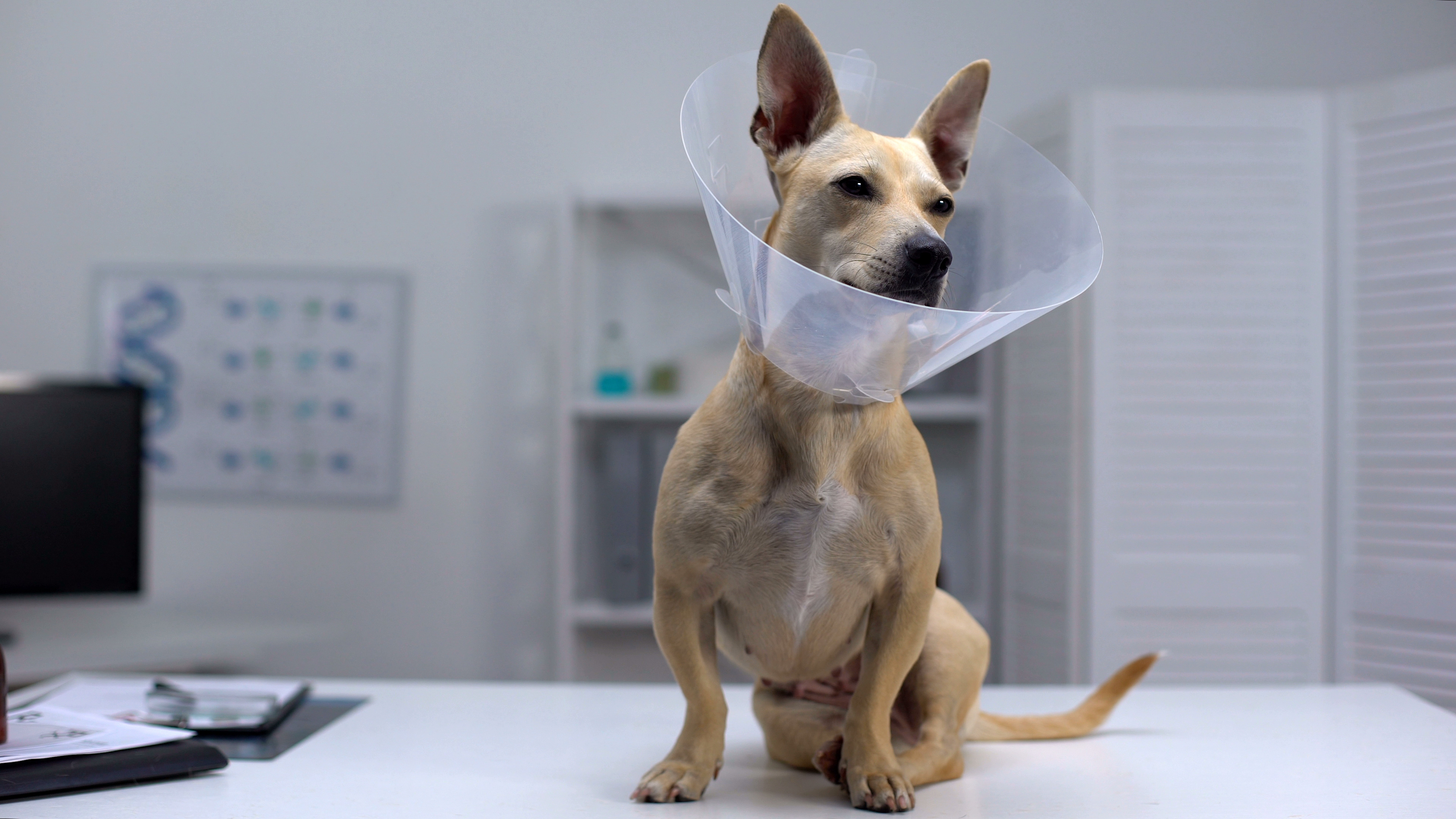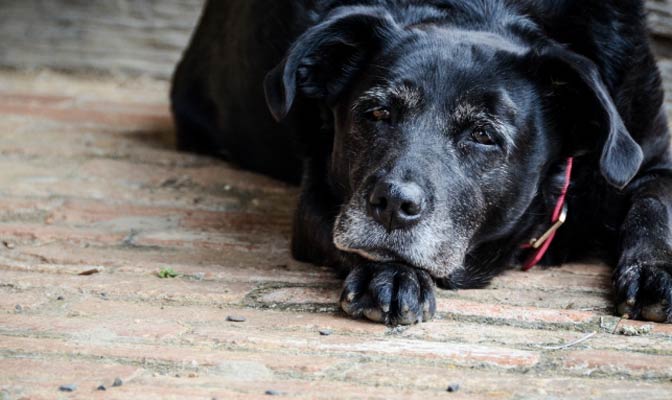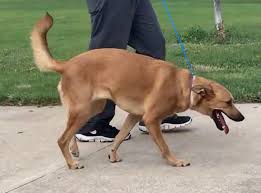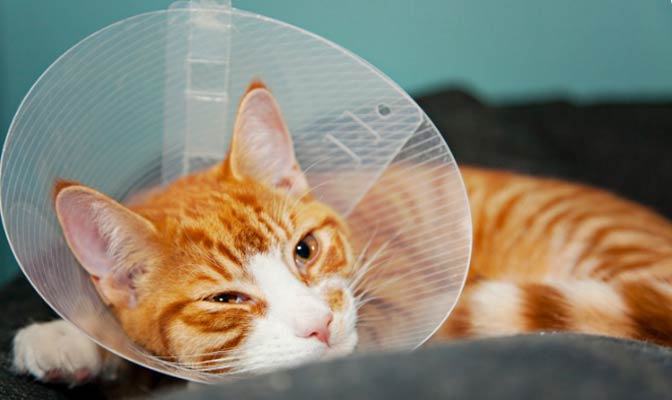Home | Surgical Info | What to do when your cat arrives home after surgery
What to do when your cat arrives home after surgery
Keywords:
What to do when your cat arrives home after surgery
At Canton Animal Hospital, we understand that bringing your cat home after surgery can be overwhelming. Proper post-surgical care ensures a smooth recovery and minimizes complications. Here’s what you need to know to keep your cat comfortable and support their healing process.
Immediate Care After Surgery
Create a Calm Recovery Space
Keep your cat in a quiet, warm, and draft-free room at a comfortable temperature (68-75°F or 20-24°C).
Provide a soft, clean bed in a low-traffic area away from other pets and loud noises.
Keep lighting dim to minimize stress as your cat recovers from anesthesia.
"creating a safe recovery space for cats"
Monitor for Grogginess & Sedation
Your cat may be drowsy for 12-24 hours post-surgery due to anesthesia effects.
Allow plenty of rest and avoid handling them too much during this time.
If your cat seems disoriented for an extended period, contact us immediately.
"post-anesthesia care for cats"
Keep Your Cat Indoors & Restrict Activity
Your cat should stay indoors for at least one full week after surgery.
Avoid running, jumping, climbing, or other strenuous activity that could strain the incision.
Prevent excessive movement to reduce the risk of wound reopening or complications.
"restricted activity for post-surgery cats"
Featured Resources

We Welcome New Patients!
We're always happy to give your furry friend care at our hospital. Get in touch today!
Contact UsFeeding Your Cat Post-Surgery
Offer Small, Bland Meals
A few hours after arriving home, offer half of their normal meal.
If your cat eats and seems hungry, provide the rest of their meal after one hour.
Some cats experience nausea after anesthesia, so dividing the meal into smaller portions can help reduce the risk of vomiting.
Access to water should not be restricted unless instructed by your veterinarian.
"feeding guidelines for post-op cats"
Pain Management & Medications
Follow Medication Instructions
Administer prescribed pain medications exactly as directed.
Never give human pain relievers, as they can be toxic to cats.
If your cat seems in pain or too sedated, consult our team.
"pain relief for cats after surgery"
Watch for Signs of Pain
Excessive vocalization, restlessness, or hiding may indicate discomfort.
Decreased appetite or reluctance to move are also red flags.
If pain symptoms worsen, contact us for further pain relief options.
"how to tell if my cat is in pain after surgery"
Featured Resources

We Welcome New Patients!
We're always happy to give your furry friend care at our hospital. Get in touch today!
Contact UsFrequently Asked Questions (FAQs)
Caring for your cat after surgery can raise many questions. Below, we answer some of the most common concerns about feeding, activity restrictions, pain management, and wound care to help ensure a smooth recovery.
Tips and Advice From Our Team
Looking for advice about caring for your pet? Our blog features helpful tips and educational material from our team to support your needs.



